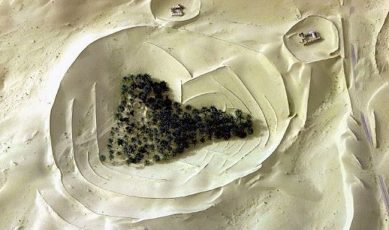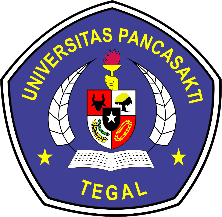El-oued's Call: A Symbol of Sustainable Development...The result of the global Growing Diversity program, The Call of El Oued highlights wise water management and sustainable agricultural practices while sounding like an alarm bell in the face of threats to agricultural and food biodiversity. Started in January 2000 by four well-known European non-governmental organisations (NGOs): GRAIN, SSNC, CROCEVIA, and Bread for the World. Throughout 2001, this project organised regional workshops in Africa, Asia, and Latin America that resulted in the identification of important concerns and limitations.
A Maghreb sub-regional workshop was held from November 4–7, 2001, in the oasis city of El Oued, in the heart of the Algerian Sahara. It was organised by the local association Rammal, in cooperation with well-known NGOs like BEDE Biodiversité, Echanges et Documentation (France), and GRAIN Genetic Resources Action International (Spain). Alongside NGOs and national agencies, local agricultural and fishing groups in Algeria, Tunisia, and Mauritania exchanged stories that exemplified the diversity of ecosystems.
The display of regional goods and conversations with traditional oasis farmers, local government representatives, journalists, and date processing were among the lively conversations. The El Oued Appeal, which issued a warning of the impending threats to the region's biodiversity, particularly in the oases, was the result of this regional assembly. In the face of this impending peril, decision-makers, various actors, and citizens were asked to follow their conscience and take responsibility.
This appeal joined the Rio Branco Appeal when it was repeated at the World Conference in Brazil in May 2002, reaching a wider audience than before. Together, these appeals demand that biological diversity be preserved and ecologically friendly farming methods be promoted.
https://grain.org/fr/article/1259-engagement-de-rio-branco-processus-growing-diversity-promouvoir-la-diversite-ou-en-cultivant-la-diversiteuIn order to facilitate an agroecological transition in arid regions
HSSAE seeks to develop novel solutions for the significant problems that face oasis farming systems. Agroecological methods and sustainable solutions are to be integrated by HSSAE into a dynamic of collaboration between actors from the Euro-Mediterranean region and the Maghreb to revitalise oasis.
With an emphasis on an integrated research approach, its methodology seeks to reimagine the interaction between water, agricultural systems, and agri-food value chains in oasis. It seeks to offer practical solutions that will benefit local communities, businesses, researchers, and farmers. Through promoting collaboration among researchers and innovators, HSSAE aims to establish an environment that fosters creativity, sustainability, and cross-border communication.
HSSAE seeks to initiate a major transformation in the oases' agricultural landscape, supported by its scientific resources and cooperation networks throughout Europe and the Mediterranean. This exciting collaboration intends to protect the region's unique oasis legacy while building the groundwork for a more resilient and ecologically conscious agriculture industry in the future. In order to usher in a new era for agroecology in the oases, HSSAE hopes to actively contribute to a sustainable change of agricultural methods in the centre of the Sahara.
Missions
The Higher School of Saharan Agriculture's (HSSAE) primary goals are as follows:
• Provide engineering degrees with an emphasis on agronomy that are suitable for arid environments.
• Create targeted initiatives to assist technical education in agriculture, thereby encouraging the development of specialised skills required in the dry regions of the Sahara.
• Engage in active participation in international regional scientific, technical, and educational cooperation, focusing on cooperation with nations in the Euro-Mediterranean and Maghreb regions.
• With an eye toward sustainable development and south-south solidarity, HSSAE long-term seeks to foster collaboration and exchanges with scientific institutions in the tropical and Sahelian regions.
HSSAE aims to enhance food security, boost rural incomes, generate jobs, manage natural resources sustainably, fortify agri-food value chains in drylands, and advance scientific and technological knowledge through these missions.
HSSAE employs specialised initial training programmes, engineering missions, knowledge, and cooperative regional cooperation initiatives to fulfil these tasks.
The TeamThe group of educators, scientists, technologists, and administrators supervising HSSAE offers a broad range of expertise in agriculture and agri-food development.
Eight key areas of research and innovation are needed for agro-silvo-pastoralism and resilient, climate-smart agriculture.
Main fields of research
• Oasis agrarian systems
• Animal Production
• Livestock systems
• Fishery
• Biotechnology
• Agropastoralism
• Agroecological transition in oases
• Oasis agro-biodiversity
• Agroforestry
• Oasis agri-food sectors
• Economics of animal production
• Water management
• Date palm
• Nutraceutical cultures
• Medicinal and aromatic plants
• Fodder crops
• The olive tree as an oasis
• Restoration of degraded (agro)ecosystems
• Renewable energy
• Valorisation of by-products

